I think our bedroom is making us sick...
tcufrog
10 years ago
Featured Answer
Sort by:Oldest
Comments (25)
studio10001
10 years agonwduck
10 years agolast modified: 10 years agoRelated Professionals
Westbury Interior Designers & Decorators · Rocky Point Architects & Building Designers · Four Corners Kitchen & Bathroom Designers · Woodlawn Kitchen & Bathroom Designers · Cherry Hill Kitchen & Bathroom Designers · Bronx Furniture & Accessories · Carson Furniture & Accessories · Pooler General Contractors · Bon Air General Contractors · Deer Park General Contractors · Easley General Contractors · Norridge General Contractors · Pico Rivera General Contractors · Spanaway General Contractors · Tabernacle General ContractorsMaguire
10 years agolast modified: 10 years agonwduck
10 years agobumblebee728
10 years agoUser
10 years agobumblebee728
10 years agocreeser
10 years agomousemaker
10 years agolast modified: 10 years agoScott Design, Inc.
10 years agoMaguire
10 years agolast modified: 10 years agoUser
10 years agoMaguire
10 years agonasmijati
10 years agoMaguire
10 years agolast modified: 10 years agoScott Design, Inc.
10 years agotcufrog
10 years agopcmom1
10 years agotcufrog
10 years agoReSquare Architecture + Construction
10 years agoSelect Hardwood Floor Co.
10 years agolast modified: 10 years agokatie_says_hi
9 years agosootsprite
9 years agoPeggy Hicks
9 years ago
Related Stories
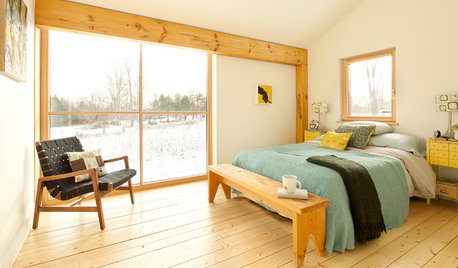
LIFE10 Feel-Better Things to Do on a Sick Day at Home
Nourish, pamper and heal yourself when a cold keeps you housebound, with these restorative ideas
Full Story
FEEL-GOOD HOMEWhat Really Makes Us Happy at Home? Find Out From a New Houzz Survey
Great design has a powerful impact on our happiness in our homes. So do good cooking smells, family conversations and, yes, big-screen TVs
Full Story
LIFE8 Sick-Day Activities to Get Healthy at Home
Staying home is the fastest way to heal — and to enjoy all the comforts and design details you've spent so much time choosing
Full Story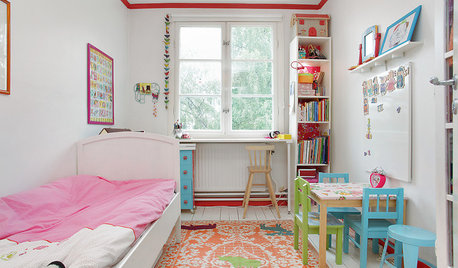
LIFEStop the Toy Takeover by Changing the Way You Think
Make over your approach and get gift givers onboard with your decluttering efforts by providing meaningful toy alternatives
Full Story
HOUZZ TOURSMy Houzz: Contemporary Camp Style Wows on the U.S. West Coast
Guest cabins, a barn for parties and a spacious communal bathroom make a couple's coastal home an entertaining dream
Full Story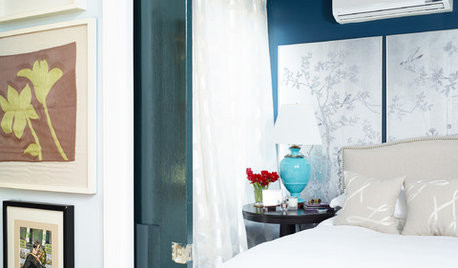
BEDROOMS11 Things You Didn’t Think You Could Fit Into a Small Bedroom
Clever designers have found ways to fit storage, murals and even chandeliers into these tight sleeping spaces
Full Story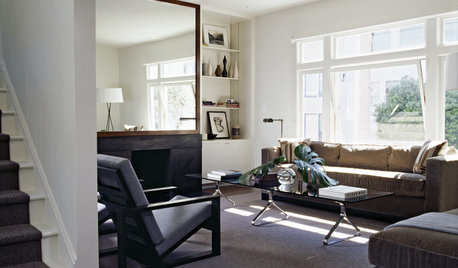
LIVING ROOMSIdeabook 911: How Can I Make My Living Room Seem Bigger?
10 Ways to Make a Small Space Live Large
Full Story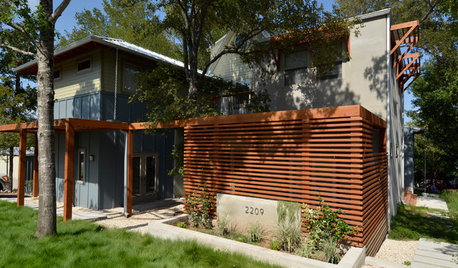
HOUZZ TOURSHouzz Tour: Visit a Forward Thinking Family Complex
Four planned structures on a double lot smartly make room for the whole family or future renters
Full Story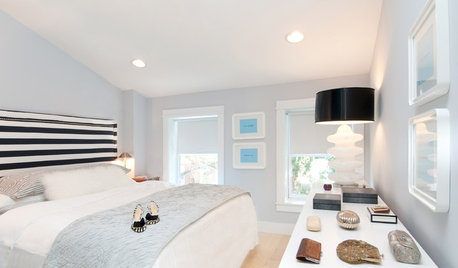
BEDROOMSGuessing Game: What Might Our Bedrooms Say About Us?
For entertainment only; actual accuracy may vary. Always don fun goggles and engage your imagination before playing!
Full Story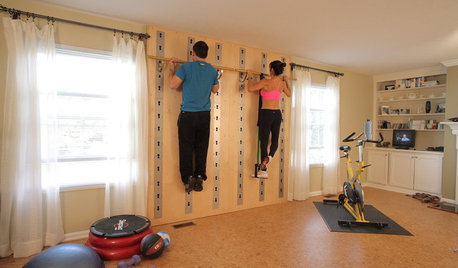
HOME GYMSHouzz Call: Show Us Your Home Gym or Exercise Space
Whether you have a fully devoted room with all the dumbbells and whistles or a bedroom corner, we want to see how fitness fits in your house
Full Story








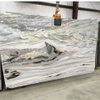
Scott Design, Inc.